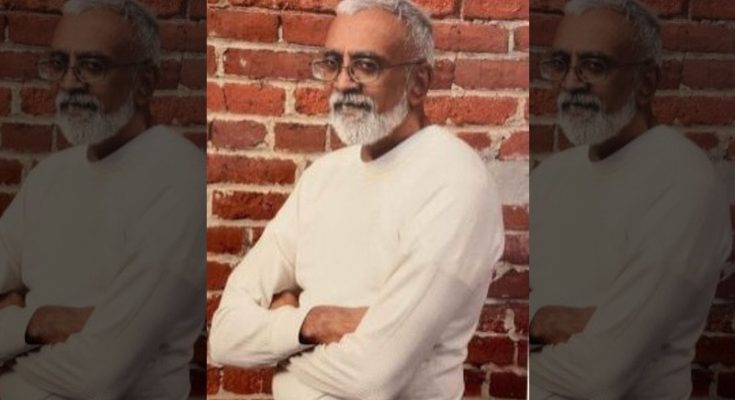#United States# Subu Vedam# Indian Origin Man# Subu Vedam Released# ice# Deportation
IBNS-CMEDIA: Subramanyam ‘Subu’ Vedam, an Indian-origin man from the US state of Pennsylvania, was released from prison as he was proved innocent in a murder case in which he lost 43 years of his adult life.
Vedam, now 64, was arrested on the charge of killing his friend, Thomas Kinser.
Vedam was convicted without parole in 1983 though the man had maintained he was innocent.
In 2022, the evidence showed the bullet wound in Kinser’s skull was too small to match the previously identified weapon.
In August 2025, a Centre County judge dismissed the charges, overturned the conviction after the prosecutors were found to have withheld a critical FBI report, Financial Express reported.
Just after his release, US Immigration and Customs Enforcement (ICE) immediately detained Vedam citing a deportation order decades ago over a drug conviction.
The deportation order dates back to the 1980s when he was a teenager.
Key facts of the case:
Kinser’s body was found in a wooded area; the cause was a bullet wound to the skull.
Vedam and Kinser had been acquaintances, and Vedam was reportedly the last known person seen with him on the day he disappeared.
The prosecution’s case was built on circumstantial evidence—there was no direct witness, no motive clearly shown, no definitive weapon tied to him
Vedam moved to the U.S. as an infant (around 9 months old) with his parents, who emigrated from India.
He was a lawful permanent resident (green card holder) before his wrongful conviction.
As of now, Vedam is being held at the Moshannon Valley Processing Center in Pennsylvania while his immigration case is reconsidered.
ICE has described Vedam as “a career criminal with a rap sheet dating back to 1980,” a characterization widely disputed by his attorneys and supporters, especially given the overturning of his murder conviction.
Vedam’s legal team is pushing to reopen his immigration case, arguing that the exoneration should influence the outcome and that deporting him to India—a place he has little to no connection to—would be unjust.





